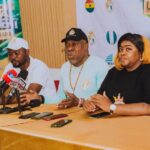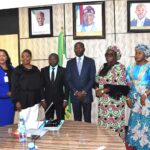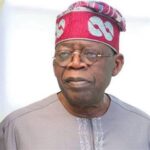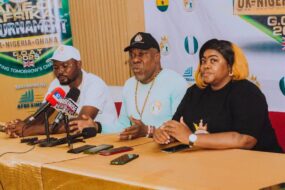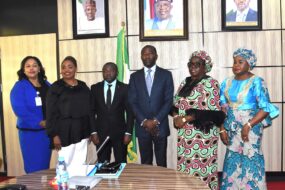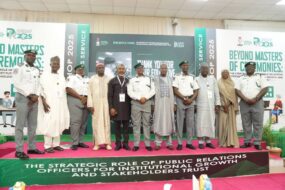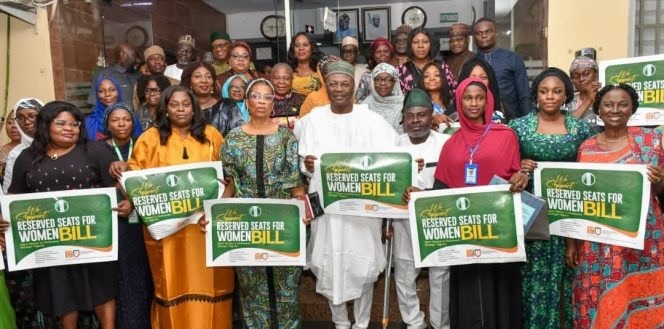
By Balarabe Oshiafi
The Independent National Electoral Commission (INEC) has reiterated its support for gender inclusivity in Nigeria’s electoral process, even as women leaders insist that political parties remain the greatest stumbling block to female representation in governance.
INEC Chairman, Mahmood Yakubu, gave the assurance on Wednesday during an advocacy visit by the Women’s Collective Forum on Women’s Participation and Representation in Elective Positions and Party Leadership, held at the Commission’s headquarters in Abuja.
Yakubu, who welcomed the delegation led by Ambassador Nkoyo Toyo, said the visit was timely, coming just days after the world celebrated the United Nations International Day of Democracy under the theme “Achieving Gender Equality: From Voice to Action.”
“INEC is an equal opportunities organisation. Today, 12 out of 22 Departments and Directorates at our Headquarters are headed by women, representing 55%. Many of our Administrative Secretaries across the States are also women,” he stated.
The INEC boss highlighted steps already taken by the Commission, including the adoption of a gender policy, the establishment of a Department of Gender and Inclusivity, and consistent advocacy to political parties to create space for women, youth, and persons with disabilities in leadership structures.
On elective representation, Yakubu stressed the need for clear legal backing through constitutional and electoral amendments.
“The most effective way of ensuring greater representation for women and other marginalised groups in the legislative assemblies is affirmative action supported by clear legal provision, as is the case in many jurisdictions,” he explained.
He disclosed that INEC has already expressed support for amendments that would guarantee more seats for women during its retreat earlier this year with members of the Joint Committee of the Senate and House of Representatives on Electoral Matters.
Responding, Ambassador Nkoyo Toyo, leader of the Women’s Collective and former lawmaker, commended INEC for opening space for dialogue but maintained that political parties still function as the greatest barrier to women’s advancement.
“Our politics is deeply structural in its exclusion, whether of women, young people, or persons with disabilities. Political parties act as gatekeepers and sometimes jailers, confining women to token roles,” she said.
She called for the adoption of global best practices such as voluntary quotas, binding legal provisions, and strong party reforms to improve women’s chances in leadership.
Other members of the delegation, including the Director of the Electoral Hub, Princess Hamman-Obels, Prof. Jibo Ibrahim, and Adora Jack, echoed the call for deliberate and sustained action to dismantle systemic barriers against women and vulnerable groups in Nigeria’s politics.
The meeting underscored a shared resolve between INEC and women leaders to transform advocacy into concrete reforms that will move Nigeria closer to achieving gender equality in democratic representation.


